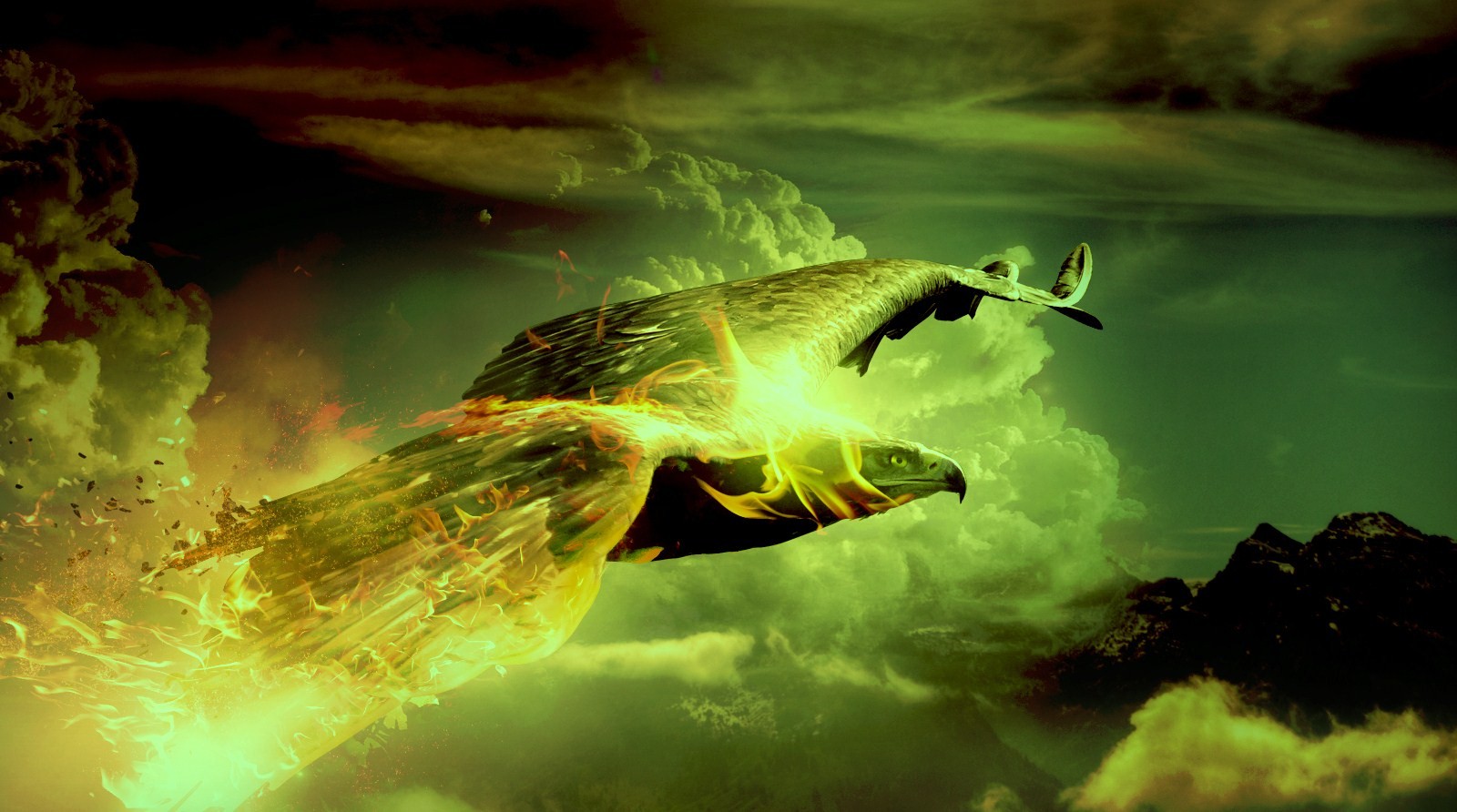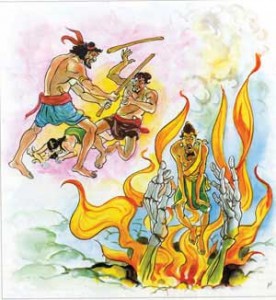Dr Senarath Tennakoon
According to Buddhism free dom of thought and exercising ones free will are boundless. One need not be a slave to a philosophy, book, tradition, any leader or teacher and super power. All human beings are potential Buddhas and can develop their minds even to the extent of attaining Buddhahood. In the Dhammapada the first stanza itself declares that the mind is the fore-runner in every action. All evidence suggests that our sense of free will is deeply ingrained. In a study involving around 40,000 people from 34 countries more than 70 per cent of the respondents answered in positive terms to the question “Do we make our own fate?”. (Proceedings of the National Academy of Sciences, 1998).

Neuroscientists describe human behaviour as a result of a chain of cause and effect event pattern of neural activity that culminates in a particular decision or an action. If this explanation is blindly accepted human beings would just become packs of neurons and free will become an illusion. (Jones, 2011). The most dangerous adverse effect in losing faith in the operation of free will would be undermining our own success in life.

Particularly in an economic milieu where there is democracy, transparency and open competition, there should be freedom of the human mind for life activities. This freedom is not available in totalitarian regimes. There are indeed dangers in exercising free will. Disregarding the constraints and controls exerted by convention, religion, law and social order. So it appears that the operation of free will is restricted to certain people and certain situations. Driven by desires alone, free will may commit unlawful actions. So the need for rational thinking becomes crucial in such a situation. Another question is whether we are morally responsible for all our actions? Socially sensitive people are careful in exercising their free will. Such people are extroverts who feel morally responsible for what they do. The sudden eruption of violence is not uncommon at family, country and global levels.
For instance the recent sudden threatening wave of social violence in London has caused great concern all aver the world. Was this an expression of mass free will in action ? A Buddhist would consider such acts of violence as expressions of ignorance and lack of wisdom. All attachments to material and immaterial things lead to a negation of individual mental liberty.
The Buddha observed that when we give up our craving for all these, along with our egoism, both our mind and our body get liberated. Belief in free will doesn’t depend on having a soul, but on feeling in control of “your” actions and controlling your destiny is very robust, observes Alred Mele, a philosopher at Florida State University (New Scientist, 2011). This observation falls in line with the Buddhist concept of human life and development.
Every person has the freedom for expression, right livelihood, enjoy the satisfaction of keeping lawful property and being employed. In the Sigalovada Sutta there is an excellent study on human rights and obligations which is applicable to any human subject and any community. There are three basic needs for any human being. These are safety, satisfaction of needs and continued existence of life.
For these to flourish the practice of the key Buddhist precepts like Metta, Muditha, Karuna and Uppekka offer an enlivening role. The practice of Pancha Sila principles as stated in Buddhism is crucial for human development. There is yet another important concept in Buddhism. That is to think of yourself whenever you do any act that involves/inflicts harm to another (Attanan upamankathva ne aneya ne ghathaye) which is explained in the Veluddvara Sutta. In brief ones right for life is equal to that of another’s life.
Both should be safe to live and protect each other. In the Sigalovada Sutta the rights, duties and obligations of parents and children have been exemplified. In the Kalama Sutta the Buddha declared “Kalamas, when a person who is without greed, without hatred, without delusion, not overpowered by greed, hatred and delusion, his thoughts not controlled by them, will abstain from the destruction of life, from taking what is not given, from sexual misconduct and from false speech; he will also prompt others to do likewise, will conduce to his welfare and happiness for a long time” (Bodhi, 2007). Unlike some other religious leaders who looked at fate as inevitable or decided by super powers, the Buddha expresses kamma in very practical terms in relation to action by body, word, and mind. (Chetanaham Bhikkave kamman vadami, cheithiva kamman karothi, kayena, vachaya, manasa), Kamma is not an entity, but a process, an action, energy, that is a force not derived from an external agency, but from its intrinsic nature, (Dhammapala, 1969).
But the Buddhists are unaware of the effects or the outcomes of kamma as the Buddha has declared so (Kamma vipako Bhikkava achinthyo ne chinntabbo). Several features and aspects of Kamma have been described and explained in the Chulskammavibanga Sutta. Maha kamma Vibanga Sutta and the Saliyeka Sutta. In essence, abstaining from performing unwholesome deeds by body, word/speech and mind becomes important for leading a wholesome and healthy individual and social life.
The concept of Kamma is very complex as to its origin, expression and effects. In the Vissudi Magga it is observed that there is no one performing kamma; none is experiencing its effects. Only the five aggregates exist (Kammasa karakonatthi-veipakasakavedako, sudda dhamma pavattanthi-evatan sammadassanan) Kamma is like a law of cause and effect. Good or meritorious actions produce good or meritorious results and vice versa. This is a natural order.
There is no third person to a super power in the operation of kamma. Kamma can be simplified to mean the law of action and reaction or to mean the law of causation (cause and effect) as described by Rahula (1962). Although kamma is not directly linked in the framework of connecting linkage of the doctrine of dependent origination (Patticha Sammupada), it is kamma that is at the base that initiates this process. It begins with “Dependent on ignorance there are activities” (avijja paccaya sankara).
This means that ignorance is lack of knowledge of the Four Noble Truths that leads to actions by body, word/speech, and mind. So ignorance becomes Kamma or it can be said to be synonymous with kamma, kamma is volitional causal action both moral and immoral and kamma vipaka is the effect of kammic action. In depth study of kamma leads one to think of its close linkage with rebirth.
The two are interdependent in the process of existence. It is the freedom of the mind that allows the formation of the rebirth linking consciousness (patisandi vinnana).
Source : www.dailynews.lk